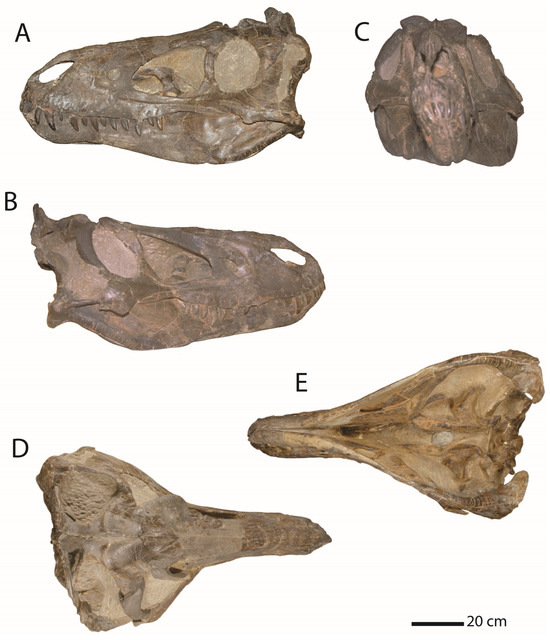2023-12-20 マックス・プランク研究所
◆THETAサイクル全体を閉じることはまだ難しい課題が残るが、生体内での実演だけでなく、CO2から直接有用な化合物を生成する柔軟なプラットフォームになり得る可能性がある。
<関連情報>
- https://www.mpg.de/21273996/1215-terr-first-step-towards-synthetic-co2-fixation-in-living-cells-153410-x
- https://www.nature.com/articles/s41929-023-01079-z
合成CO2固定用THETAサイクルの構築とモジュール化 Construction and modular implementation of the THETA cycle for synthetic CO2 fixation
Shanshan Luo,Christoph Diehl,Hai He,YoungJun Bae,Melanie Klose,Peter Claus,Niña Socorro Cortina,Celia Alvarez Fernandez,Helena Schulz-Mirbach,Richard McLean,Adán Andrés Ramírez Rojas,Daniel Schindler,Nicole Paczia & Tobias J. Erb
Nature Catalysis Published:20 December 2023
DOI:https://doi.org/10.1038/s41929-023-01079-z
Abstract
Synthetic biology offers the opportunity to build solutions for improved capture and conversion of carbon dioxide (CO2) that outcompete those evolved by nature. Here we demonstrate the design and construction of a new-to-nature CO2-fixation pathway, the reductive tricarboxylic acid branch/4-hydroxybutyryl-CoA/ethylmalonyl-CoA/acetyl-CoA (THETA) cycle. The THETA cycle encompasses 17 enzymes from 9 organisms and revolves around two of the most efficient CO2-fixing enzymes described in nature, crotonyl-CoA carboxylase/reductase and phosphoenolpyruvate carboxylase. Here using rational and machine learning-guided optimization approaches, we improved the yield of the cycle by two orders of magnitude and demonstrated the formation of different biochemical building blocks directly from CO2. Furthermore, we separated the THETA cycle into three modules that we successfully implemented in vivo by exploiting the natural plasticity of Escherichia coli metabolism. Growth-based selection and/or 13C-labelling confirmed the activity of three different modules, demonstrating the first step towards realizing highly orthogonal and complex CO2-fixation pathways in the background of living cells.



